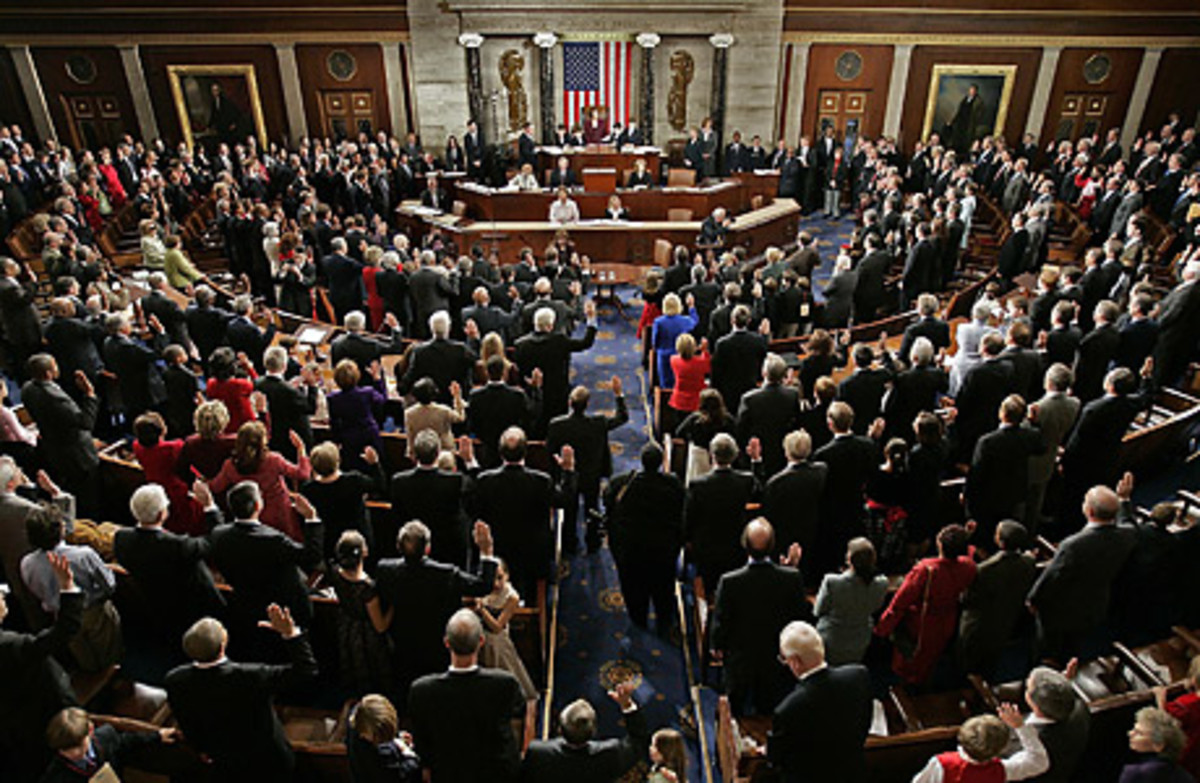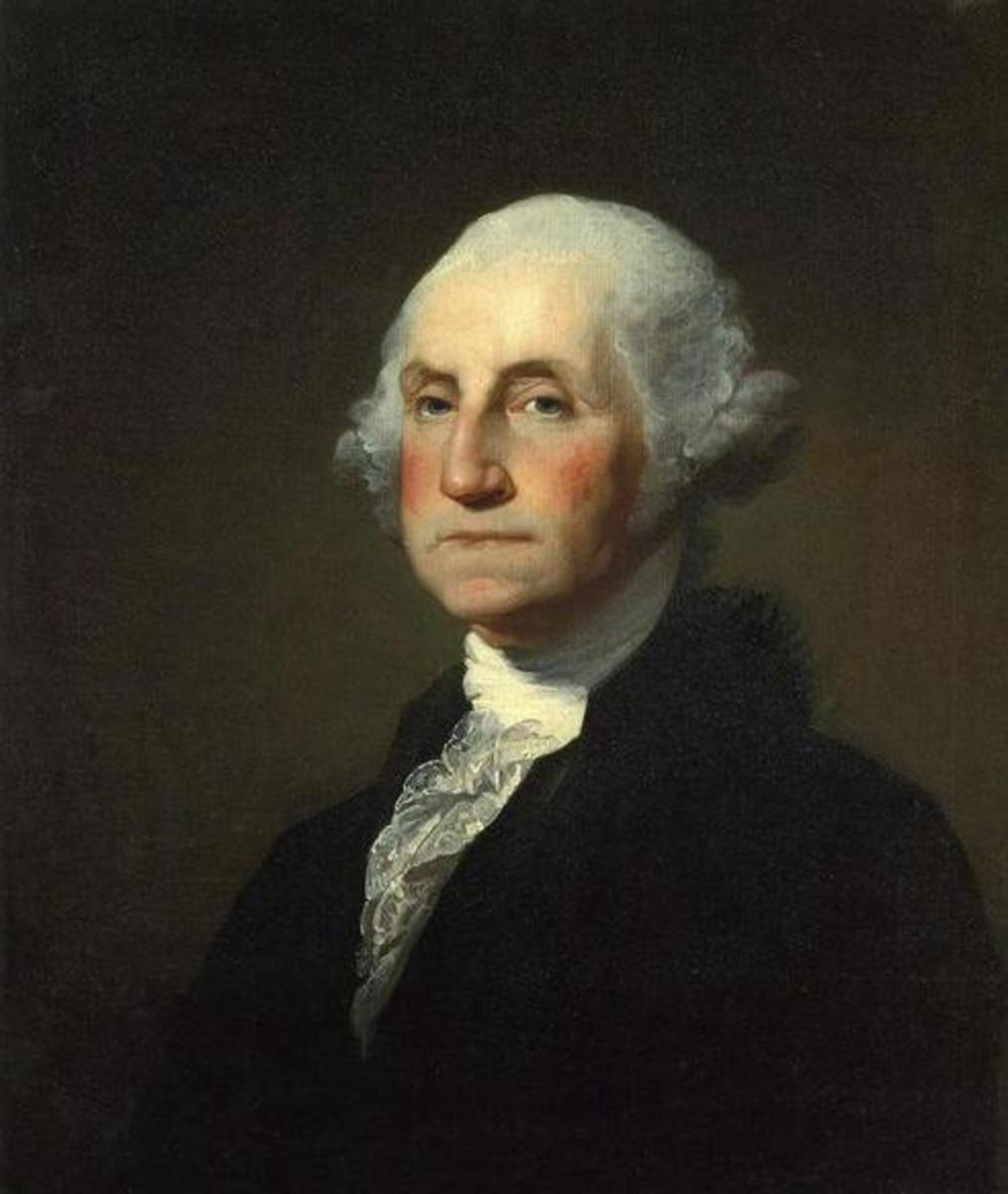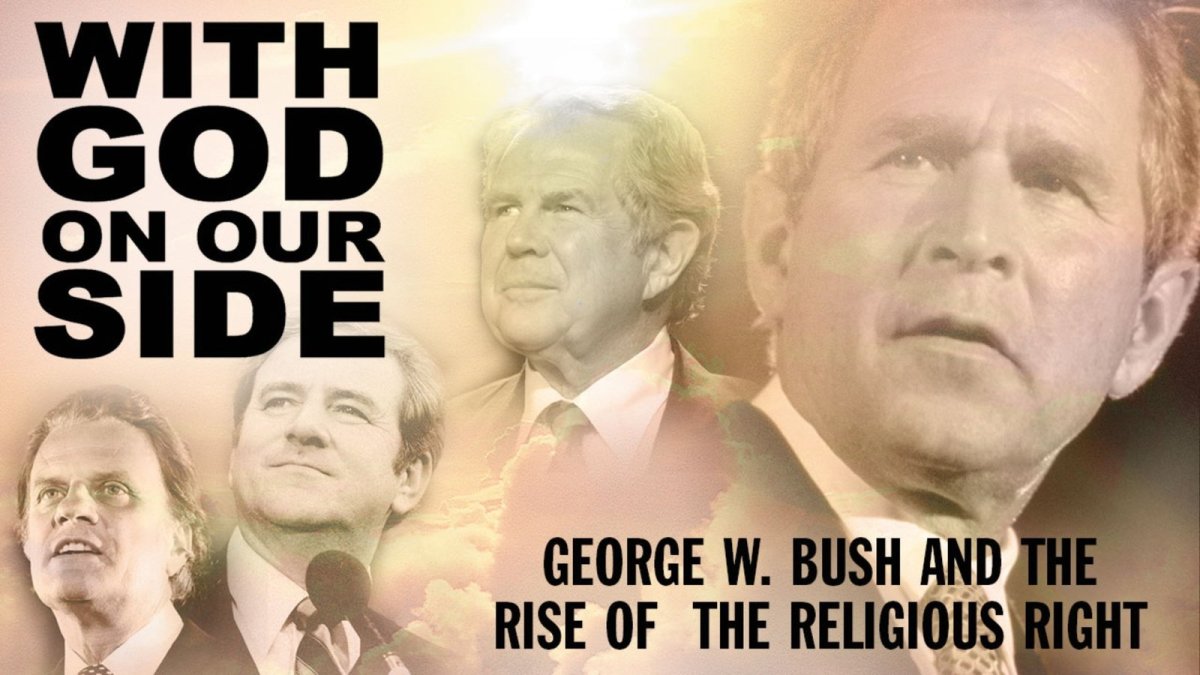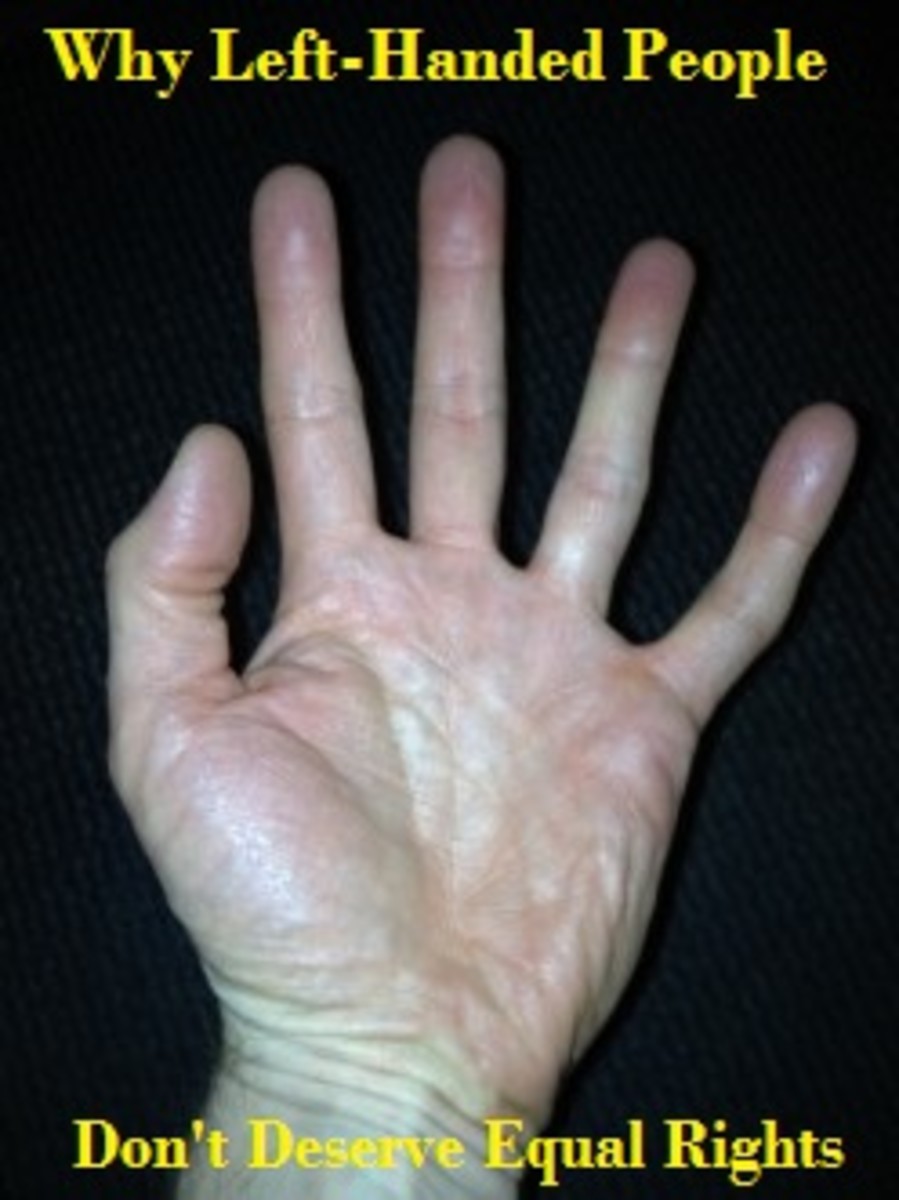Elitism in the United States and Its Allies
Elitism can come in many forms, but it has an economic basis
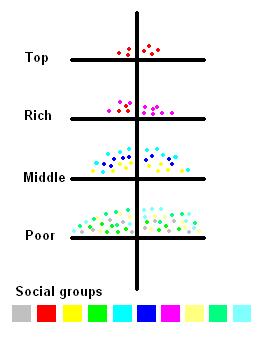

People who think they are better tban others for some reason, are being elitist.
The United States of America despite its lauded equality of every man born with inalienable rights, history has something else to say. We see this reflected in slavery where black people were owned as chattel slaves by forefathers such as Thomas Jefferson and Benjamin Franklin among others right while the Constitution and the Charter of Rights and Freedoms were being drafted and passed in the 1770's. In rebellion to the British Aristocracy, part of the Declaration of Independence was no taxation without representation, yet all too many people pay taxes and their congressperson does not represent them or their real interests. Negative attitudes toward the black community persisted well after the civil war and deep into the 20th century. Part of the taxation without representation was reflected on black workers who had to pay tax like all other workers. We also see this reflected in policies directed toward the First Nations people including the legislation drafted under the Indian Clearing Act in the 1830's. By the time of the "Trail of Tears" in the 1870's, Indians were forced off the land into reservations so that settlers could develop the basis of cattle raising and agriculture. There are other factors, such as legislation passed without the knowledge and consent of the electorate, such as the passing of the Federal Reserve Act in Dec. of 1913 among others. The Federal Reserve Act eventually took America off the gold standard, into a floating script based currency, borrowed from Lincoln's concept, and lead to the financial crises that plagued the economy including the Sept.-Oct. 2008 crisis that saw a 1.55 trillion dollar bailout which proved ineffectual, at least to all those who lost homes and jobs.
That this type of thing should occur at all and does so all too frequently in a democracy where all voters should have an input in every issue is indicative of embedded elitism. All too often, the voter does not have much say when legislation is tabled and passed without their consent by representatives who are supposed to represent the electorate. All too often they know little or nothing until the legislation is passed and the new reality is fait du complait. Too often, new laws are not even announced so that the electorate is left in the dark. All of this smacks of contempt and elitism that supposedly was thrown off in the revolution that freed the citizens from aristocratic elitism and tyranny.
The Declaration of Independence ensued after a war began with Britain over a multitude of causes in the preceding years such as, Taxation without representation, Sugar Act, Currency Act, Quartering Act, Stamp Act 1765, Townshend Act 1767, Tea Act 1773 and several British acts that came to be known collectively as the Intolerable Acts 1774. The colonists of the 13 colonies hated the British elitism without representation. Britain was after all, a long way over sea and it took months to communicate back and forth by ship. Out of this arose from a number of the colonial states, the Declaration of Independence of July 4th, 1776. It was intended to bring an end to unfair taxation and elitism. Britain responded by engaging in a long distance war with the colonies, beginning with the Long Island War of 1777. The British, though active in slavery herself, even attempted to start slave insurrections in the colonies to help in their war cause. British warships were present in the Civil War and plied their murderous business in the Gulf of Mexico and up the Mississippi River.
The French at this time had considerable holdings to the west along the Mississippi and the fledgling colonies obtained their support in the war against Britain. This was not universally popular among the colonies, but they enlisted French help and also the support of some First Nations. Spain and the Netherlands joined in, leaving Britain in complete isolation in a world at war. War continued until 1783 when the Paris Peace Treaty was signed and the US got all lands east of the Mississippi. Britain lost all direct influence over the colonies and a source of income by taxation. This was the cost of British elitism; a lesson that should have been learned by the colonists and their children. But at the time, slavery still existed in the colonies and all subsequent states that formed and joined thereafter. It took the Civil War during the presidency of Abraham Lincoln to bring an official end to slavery, but blacks continued to suffer with joblessness, no education, high incarceration, no vote and massive poverty well into the 20th century. Thus the seed of elitism was planted and grew in the US.
Virtually from the outset, there were wars with the First Nations, going back to the Spanish Conquistadors and thereafter. When the original colonists landed at Plymouth Rock fleeing religious persecution in Britain, they obtained help from the First Nation people who lived in the region. Peace existed for a while until the pressure to convert was resisted and led to war. Thereafter, peace with the First Nations was fragmentary. Wars between Indian Nations were exploited to help in conquest by all the European powers involved. Karl Marx commented in Kapital that the conquest of the New World meant mass death to the First Nations whose remains were often disposed of in spent mines.
One of the results of all these wars over the centuries was the passage of the Indian Removal Act in 1830 under President Andrew Jackson, which was signed into law in that year. The Removal Act did not order the removal of any American Indians, but it authorized the President to negotiate treaties that would exchange tribal land in the east for western lands that had been acquired in the Louisiana Purchase from France. Jackson promoted this policy primarily for reasons of national security, seeing that Great Britain and Spain had recruited and armed Native Americans within U.S. borders in wars with the United States. Numerous Indian Removal treaties were signed. Most American Indians reluctantly but peacefully complied with the terms of the removal treaties, often with bitter resignation and with horrible consequences later on. It was elitism in the end that forced many Indians to languish and die of poverty in reservations, the ultimate conclusion of the Indian Removal Act and treaties. Some groups however, went to war to resist the implementation of these treaties. This resulted in two short wars, the Black Hawk War of 1832 and the Creek War of 1836, as well as the long and costly Second Seminole War of 1835 to 1842.
Even today we see the remnants of the Indian wars when various first nations set up blockades to slow the pace of US brand capitalism that originated from Europe. The conquest after the destruction of two of the highest civilizations in the Americas was brutal, employing every conceivable means to accomplish it. Nation was turned against nation. Destruction of the food supply was used. Superior technology and surprise did in many. Finally germ warfare was used to such effect as to completely exterminate some tribes into extinction and so severely reducing others, that resistance to the oncoming hoards of settlers and conquerors was futile. Children of First Nation peoples were forcibly removed and "re-educated" in parochial and residential schools, a fact that has surfaced over and over to haunt the modern world. Within that climate they were treated brutally, raped with utter contempt and elitism. In many cases, the Indians languishing in reservations and the rotting inner cores of urban life of major cities were and are still regarded with contempt and elitism.
We now turn our attention to other minorities who are treated as meanly, but differently. Among these are immigrants, gay people and the working class as a whole.
Immigrants face a gauntlet of abuse by people who perceive them as taking away good jobs that people who live in the country deserve to be doing. This is not generally true as immigrants typically wind up in jobs that most local people don’t want to do anyway unless desperation forces them to. Further, the situation of good jobs disappearing has more to do with trade agreements like NAFTA, where jobs are exported to regions where labor is cheaper and there are few if any environmental laws to deal with. Immigrants are not taking the good jobs. Good jobs are being sent “off-shore” to a location where the cost of business to the owner is a lot lower for goods that can be charged at the same price. It is simply more profitable. However, the negative attitude toward immigrants is still around and has recently seen the passing of repressive legislation in Arizone where a potential six million immigrants face deportation. We must remember that when our ancestors arrived in a country of 500 plus First Nations, they were the immigrants then. The fact that we are the offspring of immigrants does not mean that we are some how better than those just arriving today. This is clearly a problem of elitism where some think they are somehow better or more deserving than others. The elitist attitude destroyed the First Nations and is now blocking more recent arrivals and threatening millions now working here.
Gay people have always faced prejudice, brought primarily on from religious sources. Gay prejudice and the idea that heterosexuals are somehow better is another elitist reality. The roots of this run far into history. The primary cause is the need for soldiers and later for more labor. It stands to observed fact that gay people do not reproduce and thus there is no expansion of the military and labor force from that sector of society. Thus, same sex coupling has and is frowned upon. This is seen as counter-productive by elements who wish to conquer and profit at the expense of the ignorant. Religion and the wrath of a vengeful deity in the "education" of such ignorance is at the root of anti gay elitism. The result is a fervent anti-gay attitude working out in continual violence despite the high profile of the gay community. The gay rights movement itself, seeking basic human rights was turned on its head early on by opportunists seeking advancement at the expense of fundamental human rights and freedoms. This is another form of elitism, this time taken out of the gay community itself and then redirected against the gay community for wealth, power and privilege for a few.
The working class has not always been around. The roots of the working class are found in the peasants who were driven off the land going back as far as the 14th century in Britain and Europe. These same peasants thus had no way of supporting themselves. They had a choice: work for someone using the one thing they had left, their bodies and minds; or starve. No one wants to starve, so they will take a job or become beggars and thieves. From the 14th century to the 19th century, the increasing labor force saw many changes, primarily in the form of mechanization that threw them out on the street again and again with each advance to find other work or starve. The owners of mills, factories and industry treated the work force with utter contempt and maintained an elite life style rivaling lords, popes and kings. There were no safety standards, long hard hours and most workers died by 30. Housing was terrible and medical attention for diseases did not exist as it was priced out of reach. Laborers were encouraged to have large families as this kept them busy outside of work and the future generation of laborers ensured the whole process would continue. Laborers were obliged to make anything the bosses wanted, whether canned beans, shirts, bullets or nuclear bombs. When they were laid off and protested, they were brutally put down by soldiers and police. When they tried to organize, the same thing happened. Only with the advent of the Soviet Union allowed some rights to arise, simply because there was a new contender to compete with and the bosses did not want to lose it all to rising Communism. The height of elitism is expressed by the wealthy American tycoon, Jay Gould who callously stated "I can hire one half of the working class to kill the other half." The existence of a military and armed state drawn from the working class goes far in proving the point as does warfare.
Unfortunately, elitism is alive and well today, expressed in a multitude of forms. When one person of a minority does something scandalous, the rest of the minority is then tarred and feathered with the same brush. Innocent and guilty alike receive the same sentence; this is elitism at its worst!

